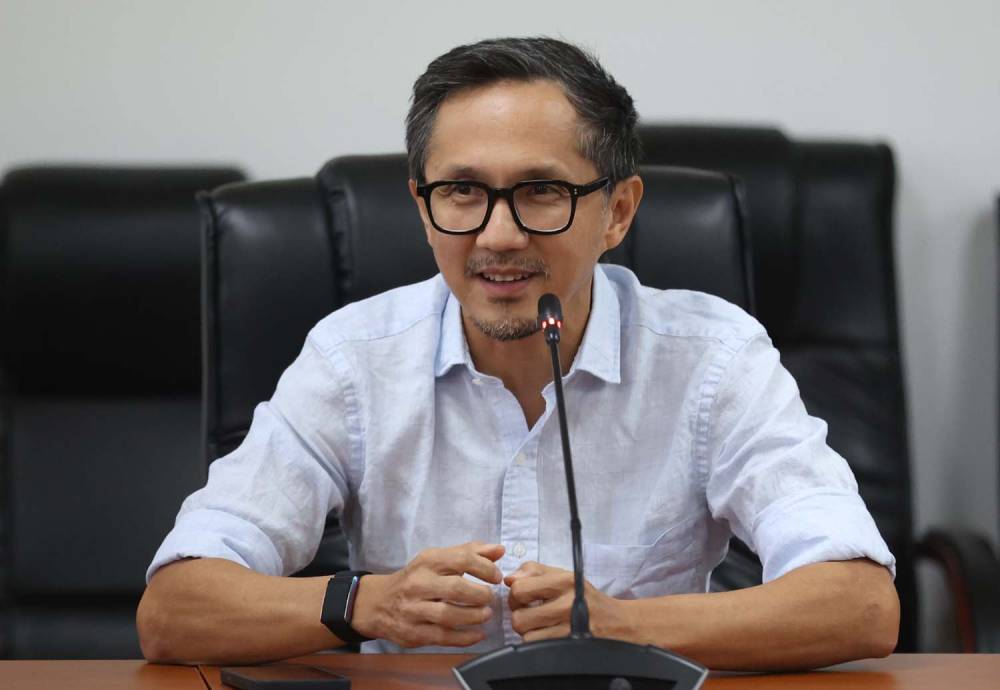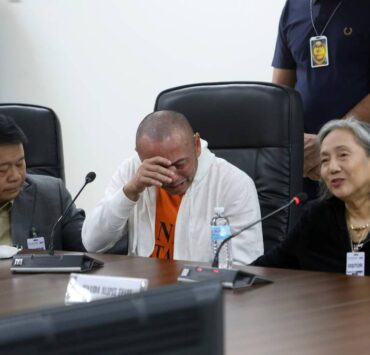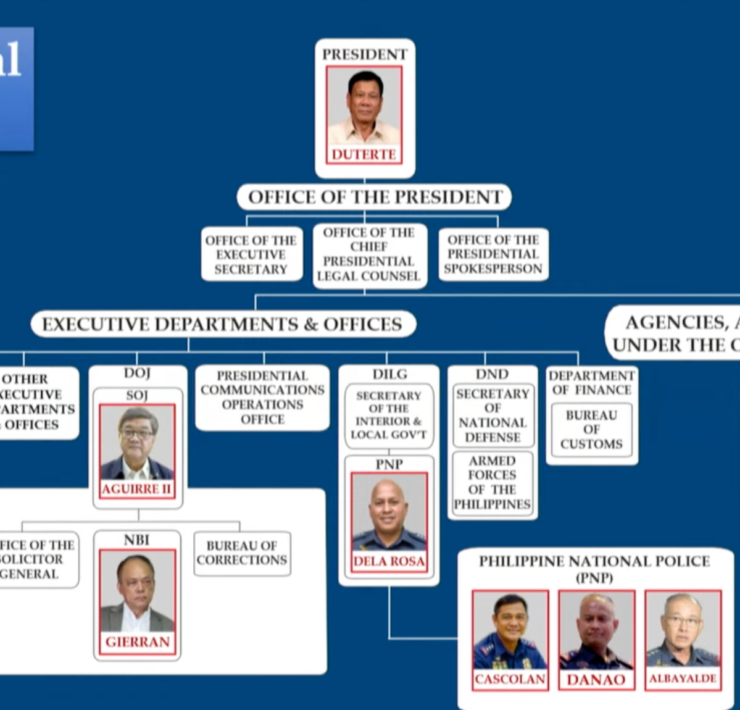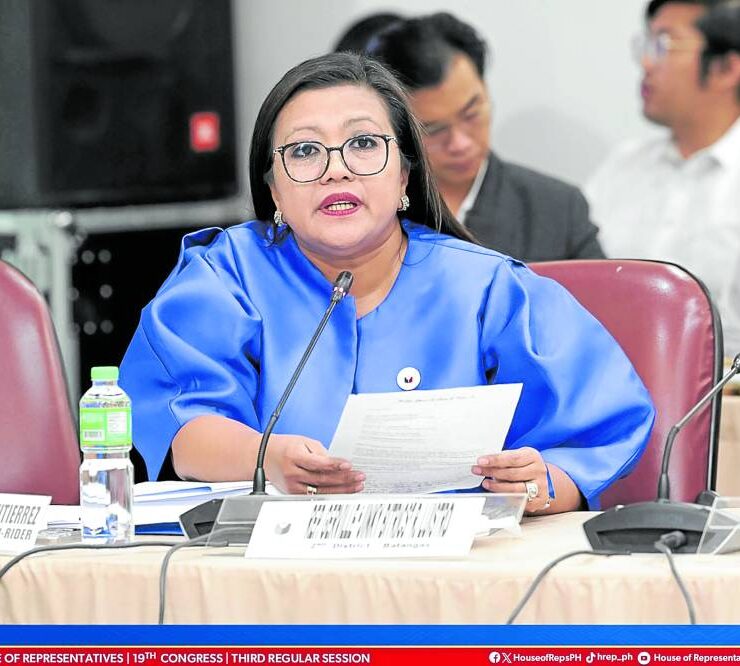Dizon: Gated villages, camps can help ease Edsa rehab impact

As the two-year rebuilding of Edsa starts in two weeks, Transportation Secretary Vince Dizon is urging those overseeing residential villages and military camps along Metro Manila’s busiest thoroughfare to open their gates to motorists and help ease the expected gridlocks.
“I think our private subdivisions have to understand that public good always prevails over private rights,” Dizon said at a briefing in Malacañang on Friday.
The Metropolitan Manila Development Authority (MMDA), he said, is already studying the possibility of asking those overseeing gated communities and military camps near Edsa to let motorists use their roads as alternate routes as proposed by architect and urban planner Felino “Jun” Palafox Jr.
Dizon did not identify the exclusive subdivisions but at least two big gated communities are near Edsa in Makati City, while Camp Aguinaldo, the main headquarters of the Armed Forces of the Philippines, and Camp Crame, the headquarters of the Philippine National Police, are located in Quezon City.
Concerns
Palafox had also suggested that the government build pedestrian and bicycle bridges along the busy highway before starting the road repairs and other construction activities next month.
“I think that is a very valid [suggestion] … The government should push for that because that is public good,” Dizon said. “I think the MMDA is already looking into that.”
Lawmakers, labor groups and public transport organizations have expressed concerns over the mobility problems that may arise from the two-year Edsa Rebuild project.
Dizon assured the public that the Department of Transportation (DOTr) and other concerned agencies were already considering several measures to minimize the disruption.
An average of 437,873 vehicles now pass through the 24-kilometer Edsa each day, exceeding the highway’s intended capacity of just 250,000, government records show.
Part of the preparations, Dizon said, is the ongoing improvement in the operations of the train systems in Metro Manila and the deployment of more buses using the Edsa Busway lanes.
He said the previous hourslong queues in Metro Rail Transit 3 (MRT 3) stations had been cut to just several minutes.
Dizon said he himself experienced the changes when he recently boarded an MRT 3 train at the Taft Avenue station in Pasay City.
“When I first rode the train, it took roughly 30 minutes before I got in around 6 am. But now, it takes just five to seven minutes [to board the train] because of the interventions that have been done,” the transportation secretary said.
“I was really surprised,” he added. “So that really is a sea change for our people [who take the trains] on a daily basis.”
Dizon also dismissed insinuations that the government’s efforts to protect workers from the adverse effects of the Edsa Rebuild project were just an “afterthought.”
In fact, he said, President Marcos had directed the DOTr to make sure that its interventions to lessen the public inconvenience of the construction project would primarily benefit the employees.
“We understand that our workers are also our commuters,” Dizon said.
After adding 50 passenger buses last month, the transportation chief said the government would deploy more than 100 buses on the Edsa Busway in the coming weeks.
“Those are particularly intended [to ferry] workers,” Dizon said.
Work from home
Meanwhile, Sen. Joel Villanueva stressed the need for the implementation of the law that sets guidelines for a “work from home” setup for employees to cushion the impact of the Edsa project on workers and companies.
Villanueva, principal author of Republic Act No. 11165 or the Telecommuting Act, said the 2018 law would help protect employees from the daily strain of severe traffic congestion.
“We have been pushing for the adoption of alternative work setups since January to help our labor force prepare for this long-term rehabilitation effort,” Villanueva, chair of the Senate committee on labor, employment and human resource development, said in a statement.
“Our employees are in a difficult situation, wasting so much time in traffic every day just to report to the office, even when they can do their work from home using the right technology,” Villanueva said. “We need to be more compassionate and innovative in our approach to work.”
RA 11165 allows private employers to voluntarily implement telecommuting arrangements with their employees, provided they meet minimum labor standards related to compensation, work hours and leave benefits.
For government offices, the Civil Service Commission has issued Memorandum Circular No. 6, s. 2022, enabling agencies to adopt flexible work setups. —WITH A REPORT FROM PNA





















